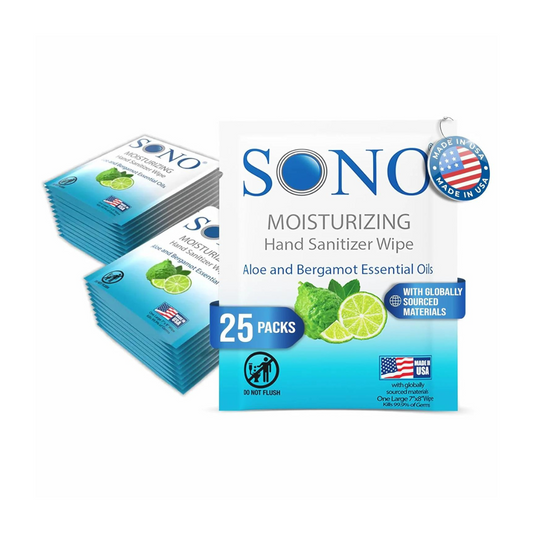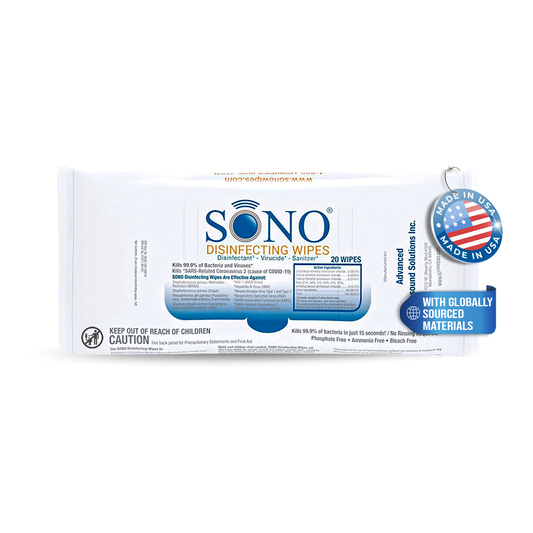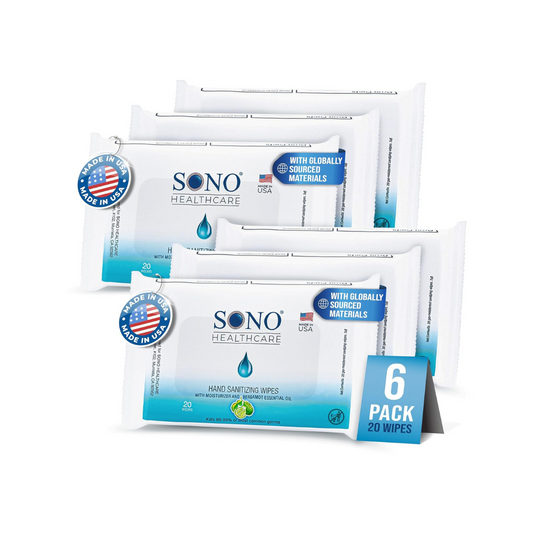Hydrogen peroxide has long been recognized as a versatile, environmentally friendly cleaning agent. This article will explore why hydrogen peroxide is an excellent choice for various cleaning tasks, how to use it effectively, and why it’s a safer alternative to harsher chemicals like bleach.
What is Hydrogen Peroxide and How Does it Work?
Hydrogen peroxide (H₂O₂) is a compound made up of hydrogen and oxygen. It’s a natural oxidizer, meaning it can effectively kill bacteria, viruses, and fungi by breaking down their cell walls. When hydrogen peroxide is exposed to light, it breaks down into water and oxygen, leaving no harmful residues behind. This makes it particularly useful for household and healthcare cleaning because it’s both powerful and safe when used correctly.
Why Choose Hydrogen Peroxide Over Bleach?
- Non-Toxic Residue: Unlike bleach, hydrogen peroxide decomposes into water and oxygen, leaving no toxic residues. This is especially important in homes with children, pets, or people with sensitivities.
- Environmentally Friendly: It doesn’t release harmful chemicals into the air or water supply, making it a more sustainable choice.
- Effective Against Pathogens: Hydrogen peroxide is effective against a broad range of bacteria, viruses, and fungi, including common pathogens found in homes and healthcare settings.
Practical Cleaning Applications for Hydrogen Peroxide
Hydrogen peroxide is highly adaptable and can be used for various cleaning tasks around the home and in professional environments. Here’s how to make the most of it:
1. Disinfecting Kitchen Surfaces
- Countertops: Spray a 3% hydrogen peroxide solution on countertops, especially in food preparation areas. Let it sit for a few minutes, then wipe clean to ensure surfaces are free from bacteria like Salmonella and E. coli.
- Cutting Boards: After washing, spray hydrogen peroxide on cutting boards to kill lingering bacteria from raw meat or vegetables. Let it air dry for maximum effectiveness.
- Refrigerator: Use hydrogen peroxide to wipe down shelves and compartments, as it’s safe for food storage areas and doesn’t leave a chemical odor.
2. Bathroom Cleaning
- Sinks and Tubs: Use hydrogen peroxide to scrub sinks, bathtubs, and shower floors. It helps dissolve soap scum, tackle mildew, and kill mold spores that thrive in damp bathroom environments.
- Toilet Bowl: Pour half a cup of hydrogen peroxide into the toilet bowl, let it sit for 20 minutes, then scrub. It’s an effective alternative to bleach-based toilet cleaners.
3. Laundry Stain Removal and Whitening
- Brighten Whites: Add a cup of hydrogen peroxide to the laundry to brighten whites and reduce yellowing caused by oils and sweat.
- Stain Removal: Dab hydrogen peroxide on tough stains like blood or wine on fabrics (always test in an inconspicuous area first). Its bleaching action can help lift stains without damaging fibers.
4. Carpet and Upholstery Stains
- Spot Cleaning: For stains on carpets or upholstery, mix a small amount of hydrogen peroxide with mild dish soap. Dab this onto the stain using a soft cloth and blot gently. This method is especially effective for organic stains but should be used sparingly as hydrogen peroxide has a mild bleaching effect.
5. Mold and Mildew Removal
- Moldy Surfaces: Hydrogen peroxide is a great solution for mold and mildew in areas like bathrooms or basements. Spray it on moldy spots, let it sit for 10 minutes, and scrub with a brush. This helps break down mold at the root level, preventing regrowth.
- Grout Cleaning: Apply hydrogen peroxide to grout lines, let it sit, and scrub with a brush to remove stains and mildew.
Expert Tips for Using Hydrogen Peroxide
- Use in a Dark Bottle: Hydrogen peroxide should be stored in a dark bottle as it breaks down when exposed to light. For maximum effectiveness, keep it in its original container and store it in a cool, dark place.
- Avoid Mixing with Vinegar or Bleach: Mixing hydrogen peroxide with vinegar can create peracetic acid, which is harmful to breathe. Mixing it with bleach produces toxic chlorine gas. Use each cleaner separately for different tasks.
- Let it Sit: For the best disinfecting results, spray hydrogen peroxide and let it sit for a few minutes before wiping it away. This contact time is crucial for killing pathogens.
Why SONO Wipes Uses Hydrogen Peroxide
SONO Wipes offers products featuring hydrogen peroxide for its effective cleaning and disinfecting properties without the harsh effects of alcohol or bleach. Here’s why SONO has chosen hydrogen peroxide:
- Safe for Various Surfaces: SONO hydrogen peroxide-based products are safe for surfaces that can be damaged by bleach or alcohol, such as electronics, countertops, and upholstery.
- Quick Drying and Non-Toxic: Unlike alcohol, hydrogen peroxide cleans without leaving a residue that can dry out surfaces over time. It’s also safer for regular use in sensitive environments, including healthcare and family spaces.
- Proven Effectiveness: Backed by scientific research, hydrogen peroxide offers excellent antimicrobial action, making it ideal for healthcare environments where hygiene is paramount.
Frequently Asked Questions
Q: Can I use hydrogen peroxide on colored fabrics? A: Hydrogen peroxide can have a bleaching effect, so always test it on an inconspicuous area before applying it to colored fabrics.
Q: Is hydrogen peroxide safe for food-contact surfaces? A: Yes, hydrogen peroxide breaks down into water and oxygen, making it safe for food-contact surfaces. However, it’s a good idea to rinse the surface after use.
Q: What concentration of hydrogen peroxide is safe for home use? A: A 3% solution is commonly used in household cleaning. Higher concentrations should be used cautiously and typically only in professional settings.
Final Thoughts
Hydrogen peroxide is a versatile and powerful cleaning agent that can transform your cleaning routine. From sanitizing surfaces to brightening fabrics, it’s an effective, eco-friendly option that’s safer for your home and the environment. SONO Wipes utilizes hydrogen peroxide in its products to provide a powerful clean without compromising safety.
With these tips and insights, you’re ready to make the most of hydrogen peroxide in your cleaning toolkit!





